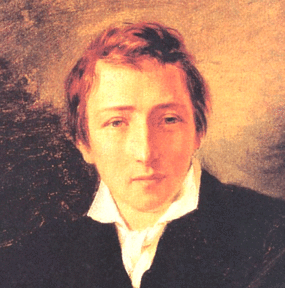Tim Parks on the relationship between money and literature:
‘When they are starting out writers rarely make anything at all for what they do. I wrote seven novels over a period of six years before one was accepted for publication. Rejected by some twenty publishers that seventh eventually earned me an advance of £1,000 for world rights. Evidently, I wasn’t working for money. What then? Pleasure? I don’t think so; I remember I was on the point of giving up when that book was accepted. I’d had enough. However much I enjoyed trying to get the world into words, the rejections were disheartening; and the writing habit was keeping me from a “proper” career elsewhere.
I was writing, I think, in my early twenties, to prove to myself that I could write, that I could become part of the community of writers, and it seemed to me I could not myself be the final judge of that question. To prove I could write, that I could put together in words and interesting take on experience, I needed the confirmation of a publisher’s willingness to invest in me, and I needed readers, hopefully serious readers, and critics. For me, that is, a writer was not just someone who writes, but someone published, read and, yes, praised. Why I had set my heart on becoming that person remains unclear.’
(…)
‘Paradoxically, then, almost the worst thing that can happen to writers, at least if it’s the quality of their work we’re thinking about, is to receive, immediately, all the money and recognition they want. At this point all other work, all other sane and sensible economic relation to society, is rapidly dropped and the said author now absolutely reliant on the world’s response to his or her books, and at the same time most likely surrounded by people who will be building their own careers on his or her triumphant success, all eager to reinforce intimations of grandeur. An older person, long familiar with the utter capriciousness of the world’s response to art, might deal with such an enviable situation with aplomb. For most of us it would be hard not to grow presumptuous and self-satisfied, or alternatively (but perhaps simultaneously) over-anxious to satisfy the expectations implied by six-figure payments. An interesting project, if any academic has the stomach to face the flak, would be to analyze the quality of the work of those young literary authors paid extravagant advances in the 1980s and 1990s; did their writing and flair, so far as these things can be judged, fall off along with the cash? For how long did the critical world remain in denial that their new darling was not producing the goods? Celebrity almost always outlives performance.’
(Read the complete article here.)
We are living in an era, and I believe that’s what Mr. Parks is pointing out, where money has become the equivalent of quality. If we hear that a publisher paid 100.000 US dollars for a debut novel, we ought to believe that this is an extraordinary novel. The advance payment might be taken as proof that the author is indeed exceptionally talented.
Money talks.
Perhaps the author should not be economically dependent on the sales of his books; perhaps this will allow him (or her) to write better, more adventurous books.
But how about Dostoevsky, Joseph Roth and Heinrich Heine, to name just a few. (Who were all dependent on advance payments, royalties and fees from newspapers and magazines. And benefactors.)
